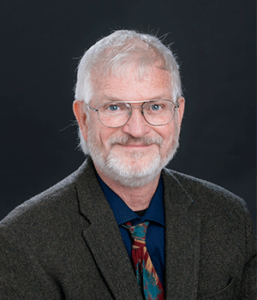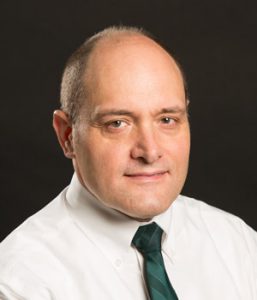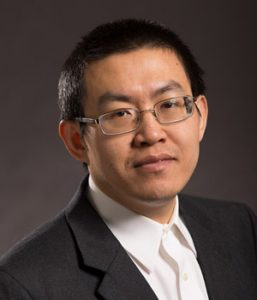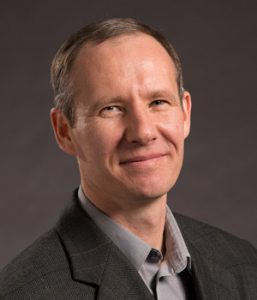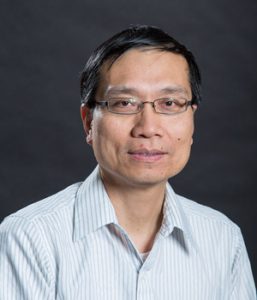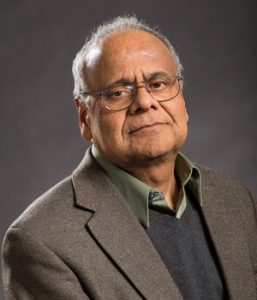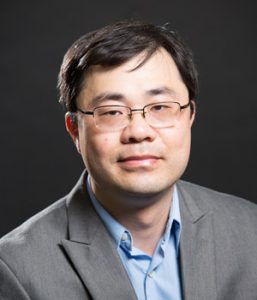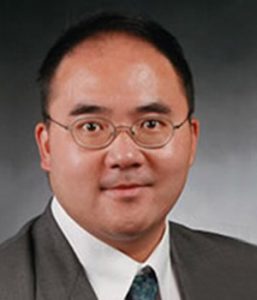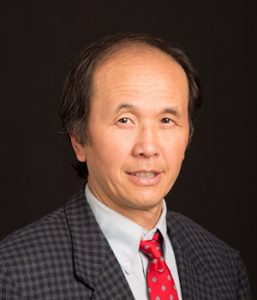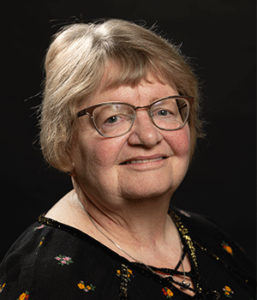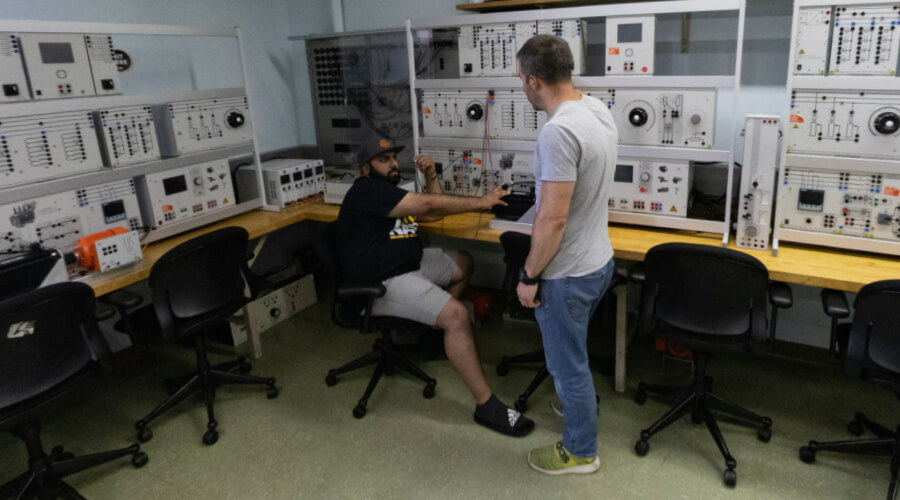Electrical Engineering PhD PhD
A Doctor of Philosophy (PhD) is the highest educational degree, and explores problem solving through extensive research. As an R1 research university ranked in the top 3% of universities worldwide by the Center for World University Rankings, UWM is a premier place with which to pursue your electrical engineering PhD.
The electrical engineering PhD at UWM is intentionally unstructured in order to allow you to customize the degree to your specific objectives and interests. You’ll have the opportunity to work with our highly acclaimed faculty involved in the following areas of cutting-edge electronics research: battery energy storage, cybersecurity, data visualization, machine learning and AI, nano-electronics, photonics, power electronics, sensors, signal processing, and smart grid systems.
Program Type
Doctoral
Program Format
On Campus
Research Focus
Rob Cuzner’s research focuses on improving the resiliency and efficiency of microgrids. His current and past research on integrated power and energy systems has been supported by the Office of Naval Research, U.S. Navy, U.S. Air Force, the National Science Foundation and industry partners including Eaton Corporation and Leonardo DRS.
“We are working on improving the resiliency part of energy security,” he says. “The goal is a grid that can respond predictably to events, threats and failures.”
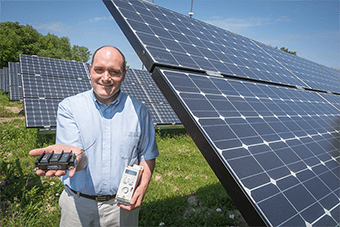
What to Expect
PhD students complete 54 graduate credits beyond the bachelor’s degree. Students choose a research area of focus and an approved minor and commit to completing a graduate seminar and doctoral thesis.
Some students at UWM pursue their PhD after completing a master’s degree, and others choose to earn a PhD instead of a master’s degree. Please see the course catalog for specific requirements.
Many students choose to incorporate Teaching Assistantships (TAs) or Research Assistantships (RAs) during their graduate study which helps to fund their education while also building leadership skills. Assistantship decisions are made by the academic departments only after an applicant has been accepted into the program.
Earning a PhD in electrical engineering can provide you with a wide range of professional or academic opportunities that may include leadership roles in academia, government service, or high-level industrial research.
More Information
Contact the College of Engineering & Applied Science Graduate Programs Office.
Focus of our Electrical Engineering Faculty:
- Artificial Intelligence
- Batteries & Electric vehicles
- Data Visualization
- Energy & Alternative Energy & Power Systems
- Grids & Grid Systems
- Nanomaterials & Nanodevices & Nanotechnology
- Sensors
As an R1 research institution, research is integral to our work at UWM and to the experience of students pursuing graduate degrees. Our college has a wide range of faculty-led labs that perform cutting edge research. Please see the Faculty tab to the right for the specific research interests and labs of each civil and environmental engineering faculty member. For a full list of our college’s research labs, centers and institutes, click here.
Faculty
- Professor, Mechanical Engineering
- bsra@uwm.edu
- 414-229-6916
- Engineering & Mathematical Sciences 990B
- Richard and Joanne Grigg Professorship
- Associate Professor, Electrical Engineering and Computer Science
- Director, Center for Sustainable Electrical Energy Systems (SEES)
- Site Director, Center for GRid-Connected Power Electronic Systems (GRAPES)
- cuzner@uwm.edu
- 414-251-6147
- University Services and Research 201M
- Associate Professor, Electrical Engineering
- Department Chair, Electrical Engineering
- Associate Professor, Computer Science
- huy@uwm.edu
- 414-251-8830
- Engineering & Mathematical Sciences 1185
- Professor, Materials Science and Engineering
- nkouklin@uwm.edu
- 414-229-4679
- Engineering and Mathematical Sciences 1287
- Associate Professor, Electrical Engineering
- Associate Professor, Computer Science
- lawc@uwm.edu
- 414-229-6203
- Engineering and Mathematical Sciences 1219
- Professor, Biomedical Engineering
- Department Chair, Biomedical Engineering
- Professor, Electrical Engineering
- misra@uwm.edu
- 414-229-3327
- Engineering and Mathematical Sciences E-314
- Richard and Joanne Grigg Faculty Fellowship
- Professor, Electrical Engineering
- Professor, Computer Science
- wang289@uwm.edu
- 414-251-7477
- Engineering & Mathematical Sciences 1277
- Associate Professor, Electrical Engineering
- Associate Professor, Computer Science
- wwang@uwm.edu
- 414-229-2247
- Engineering & Mathematical Sciences 1285
- Professor, Electrical Engineering
- Professor, Computer Science
- junzhang@uwm.edu
- 414-229-4246
- Engineering & Mathematical Sciences 1207
Advising
- Advisor, Graduate Programs
- Computer Science, Electrical Engineering, Biomedical Health Informatics
- crary@uwm.edu
- 414-229-7267
- Engineering & Mathematical Sciences E379
- Advisor, Graduate Programs
- Civil/Environmental Engineering, Mechanical Engineering, Biomedical Engineering, Industrial/Manufacturing Engineering, Materials Science & Engineering
- rpackard@uwm.edu
- 414-251-8543
- Engineering & Mathematical Sciences E379
UWM is proud to be one of only two R1 research universities in Wisconsin. We’re also a top externally funded institution with robust opportunities for teaching and research assistantships. Partners that support our important research include:
- National Academy of Sciences, Engineering & Medicine (NASEM)
- National Science Foundation (NSF)
- United States Department of Defense (USDoD)?
- United States Department of Energy (USDoE)
- Regional businesses: Johnson Controls, Rockwell Automation, Harley Davidson, We Energies
IEEE Antennas and Propagation Society: Graduate Fellowship Program
To recognize and provide financial assistance to graduate students who show promise and interest in pursuing a graduate degree in engineering electromagnetics, with a focus on quantum techniques, up to four $5,000 awards will be granted in 2021. Learn more.

